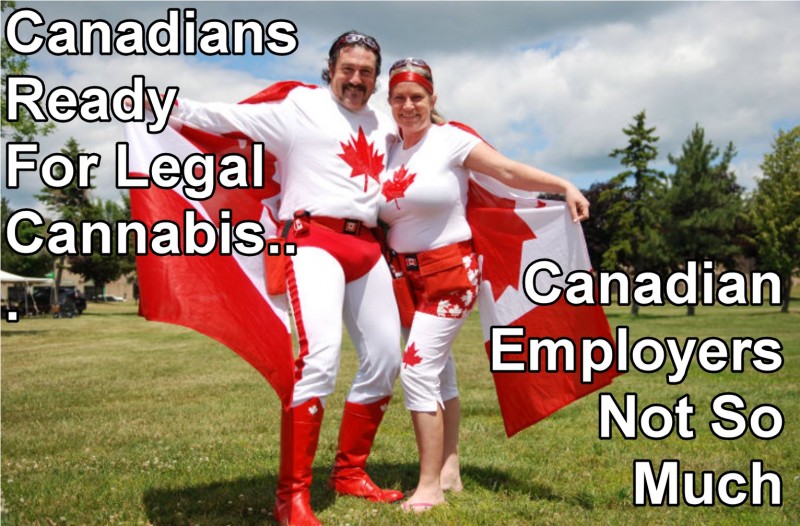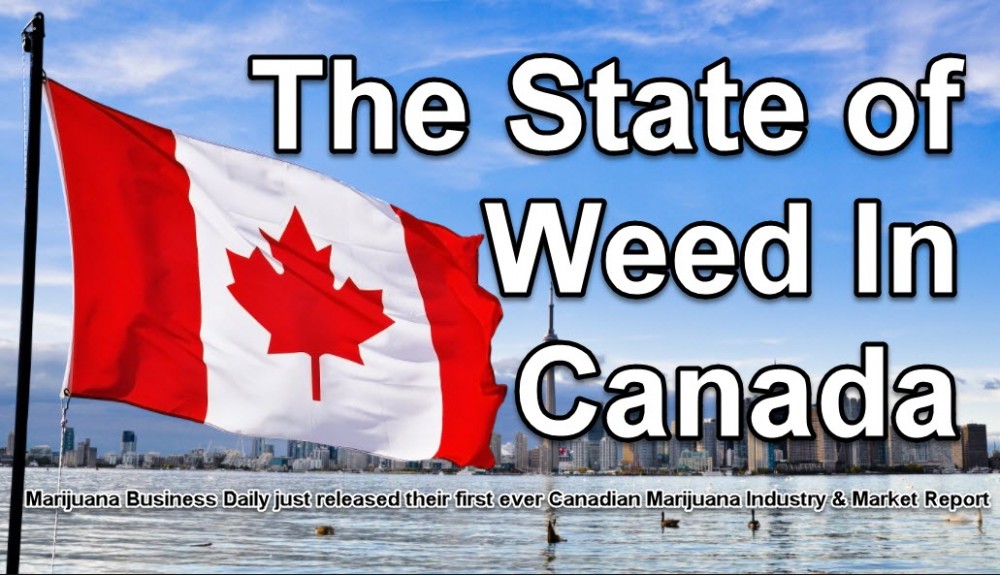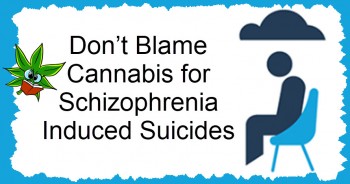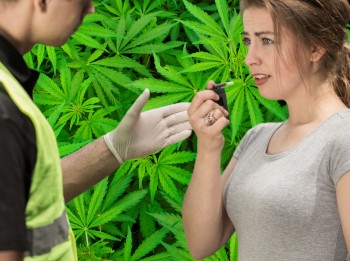71% Of Canadian Employers Not Prepared For Cannabis Legalization
How are Canadian Employers Handling Cannabis Legalization? from CannabisNet on Vimeo.
Cannabis legalization is set to make its way to the Great White North on or before summer of this year, but an overwhelming majority of employers still aren’t sure how to handle cannabis in the workplace, according to a new report by the Human Resources Professionals Association (HRPA).
The study, called Clearing The Haze: The Impacts of Marijuana In The Workplace, was conducted in January together with the Business of Cannabis (BofC), as well as the Public Services Health & Safety Association (PSHSA). To conduct the study, they surveyed 680 HRPA members. They found that 47.8% of respondents are most worried about the safety of the workplace, and employers say that they are asking for guidance, guidelines, and even sample policies to help them navigate the workplace in an era of cannabis legalization.
HRPA has its headquarters in Toronto, and they are the agency responsible for regulating professional standards of over 23,000 members throughout Canada. BofC is involved in publishing news and relevant analysis affecting the cannabis industry in Canada. PSHA offers occupational safety and health training, as well as consulting for the public sector in Ontario.
“Employers are simply not yet equipped with the knowledge and the resources they need to ensure that their workplaces are prepared for legalized marijuana. Balancing these legal changes with the imperative to provide a safe workplace for all is a challenging transition – and employers need the right tools for the job,” says VP of Public Affairs at HRPA, Scott Allinson.
Jay Rosenthal, co-founder and President of BofC, echoes the same sentiments. “The Canadian public is widely supportive of the decriminalization,” Rosenthal says. “However, BofC research widely suggests the industry could do more around safety and responsible use. With medical and recreational cannabis rates expected to rise, a deeper understanding and training is required for workplaces to effectively navigate forward. We look forward to working with HRPA and others like PSHSA to address these gaps.”
"It is important that workplaces focus on creating safe environments and helping workers stay healthy at work as we move through the transition to legalization," says Kim Slade, who heads Emerging Markets and Commercialization at PSHSA. "While some workplaces feel they have policies and procedures in place to address health and safety concerns, others are looking for clarity on what legalization means to their workplace health and safety practices, specifically as it relates to safety-sensitive roles."
The report reveals the most common challenges that are being faced by Canadian companies:
- The top 5 concerns of employers when it comes to cannabis use and employees are: employees operating motor vehicles, disciplinary procedures, decreased work performance, employees using heavy machinery, and impact on attendance.
- Defining workplace safety issues is still extremely hazy. “Employers will need to set specific policies regarding cannabis use in the workplace, but how do they know when an employee is too impaired to work safely? Is there a blood test they can perform? How much cannabis is too much?” says the report. Additionally, 54% of respondents think that their workplace policy is adequate in covering potential new workplace issues that may arise once recreational cannabis is legalized. Meanwhile, only 11% of respondents have policies in place to address medical marijuana, while 46% don’t think their existing policies are adequate for covering issues that arise with recreational marijuana.
- A zero-tolerance approach to cannabis use will only cause problems, since this can be viewed as discrimination especially for employees who rely on cannabis to treat health issues. “To confidently enact a zero-tolerance policy, employers would have to be prepared to establish that sobriety is a bonafide occupational requirement (BFOR) if anyone brought a human rights case against them. Many argue that safety-sensitive workplaces have BFOR and should therefore allow for zero-tolerance policies,” says the report.
- The report found that only 11% of respondents had experience accommodating an employee that required the use of MMJ, while 89% don’t. Many employers make the mistake of assuming that MMJ use will cause impairment, but they need to take into consideration that cannabis can be consumed in different ways and doses and that impairment needs to be defined, since it can fall on a broad spectrum. “Employers should be cautioned from making stereotypical assumptions about the abilities of an employee who has been prescribed medical marijuana. While some assumptions may be valid where safety is a concern (such as driving), it may be improper to, for example, diminish an employee’s duties based solely on assumed impairment,” says Parisa Nikfarjam, employment lawyer.
- 78% of respondents don’t have any plans of adding MMJ to their existing plans; 20% don’t have it yet but plan to, and only 2% of respondents have. Canadian companies may want to reconsider this and view it as a source of potential savings. The report notes that Benefits Canada refers to Zofran, a chemotherapy pill, as an example: the pill costs $40 each while a cannabis joint costs just $2 or $3.
- 9.8% of respondents conduct some type of drug testing, and out of those companies, 75.8% believe that legalizing recreational cannabis may have an either “great or moderate impact” on their current drug testing policies.
OTHER STORIES YOU MAY ENJOY...
THE STATE OF WEED IN CANADA, CLICK HERE.








